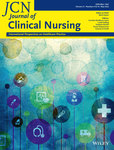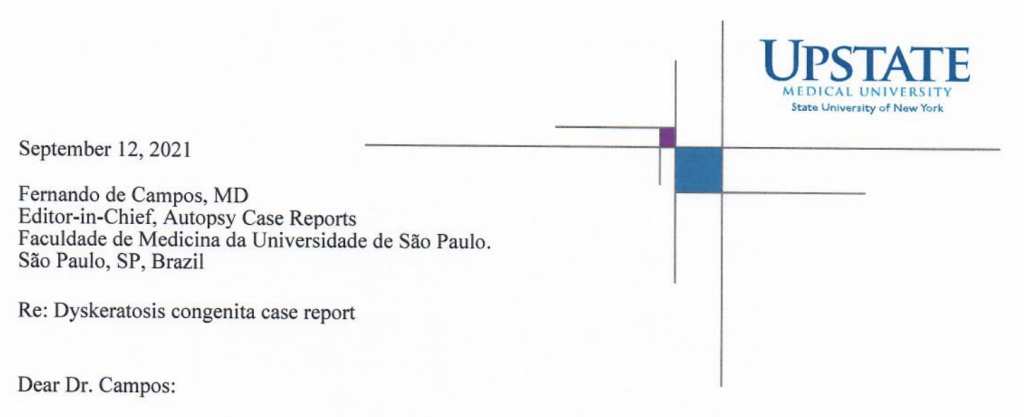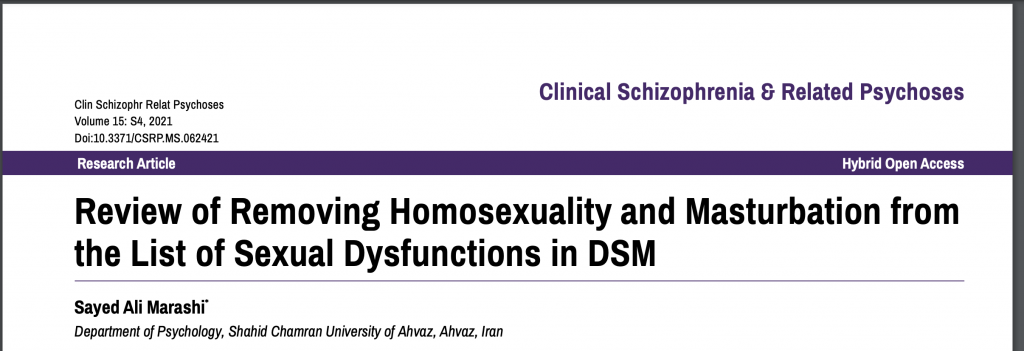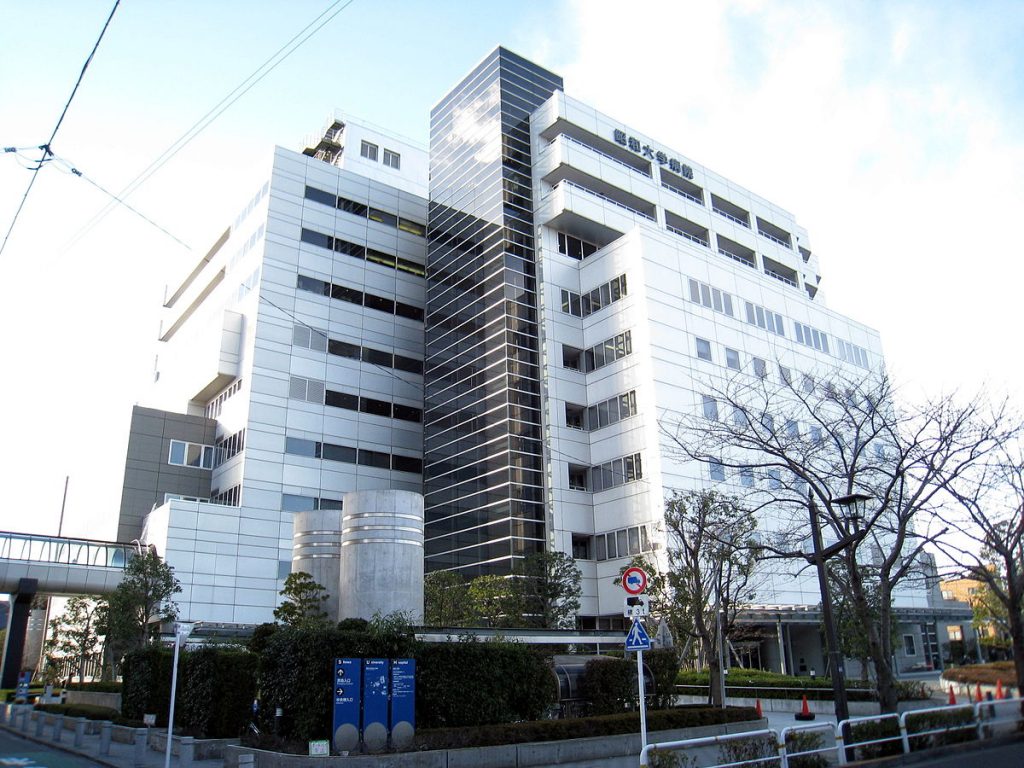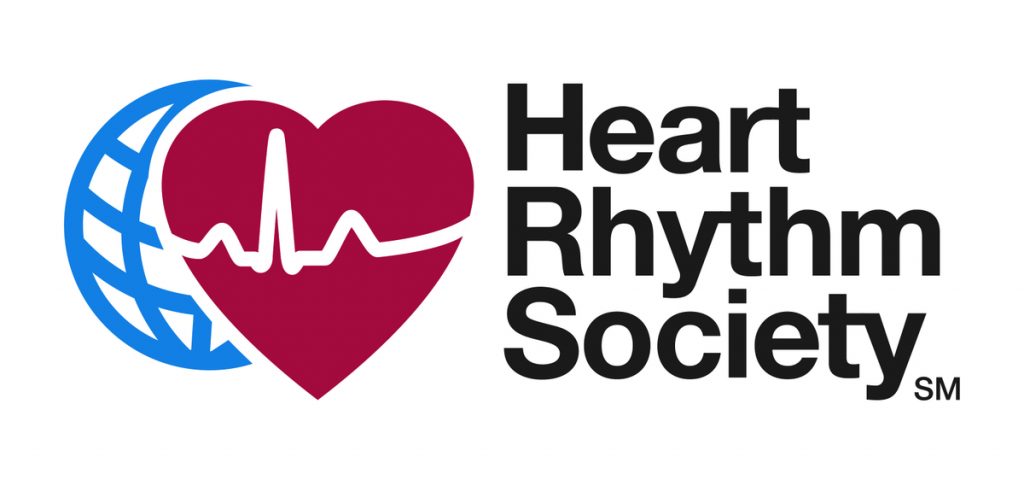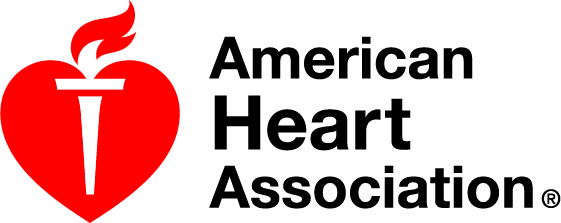A pair of researchers in Turkey have lost a 2021 paper on a randomized controlled trial in pediatric surgery after a reader raised concerns about the methodology reported in the article.
However, the retraction notice – detailed though it might be – reveals that the problems could, and likely should, have been caught during peer review.
The paper, “Effect of care programme based on Comfort Theory on reducing parental anxiety in the paediatric day surgery: Randomised controlled trial,” appeared last July in the Journal of Clinical Nursing, a Wiley title. The authors, Fahriye Pazarcikci and Emine Efe, were affiliated with Isparta University of Applied Sciences and Akdeniz University, respectively.
“Paediatric day surgery” turns out to be male circumcision in boys ages 4 to 7 years, as the trial registration information on ClinicalTrials.gov indicates. Circumcision is mentioned in the full text of the paper, but not the abstract.
Continue reading Study on reducing parents’ anxiety about children’s circumcision retracted